 W
WJohn Cotton Dana was an American library and museum director who sought to make these cultural institutions relevant to the daily lives of citizens. As a public librarian for forty years Dana promoted the benefits of reading, pioneered direct access to shelved materials, and innovated specialized library services of all types.
 W
WEberhard Fischer is a German art historian, ethnologist and author based in Switzerland. He is a former Director and the incumbent President of Rietberg Society, Switzerland. Fischer was honored by the Government of India, in 2012, with the fourth highest Indian civilian award of Padma Shri.
 W
WEnamul Haque is a Bangladeshi museologist. He was awarded Ekushey Padak in 2014 and Independence Day Award in 2017 by the Government of Bangladesh. In 2020, Dr. Haque has also been awarded with Padma Shri award for his tremendous contribution in the field of archeology and museology by the Government of India.
 W
WMadeleine Juneau was a Canadian museologist and teacher. She was a member of the Congregation of Notre Dame of Montreal. She was awarded the Prix Gérard-Morisset in 2013.
 W
WAthanasius Kircher was a German Jesuit scholar and polymath who published around 40 major works, most notably in the fields of comparative religion, geology, and medicine. Kircher has been compared to fellow Jesuit Roger Joseph Boscovich and to Leonardo da Vinci for his enormous range of interests, and has been honoured with the title "Master of a Hundred Arts". He taught for more than 40 years at the Roman College, where he set up a wunderkammer. A resurgence of interest in Kircher has occurred within the scholarly community in recent decades.
 W
WTomás Llorens Serra was a Spanish art historian and museologist. He was director of Institut Valencià d'Art Modern (1986–1988), Museo Nacional Centro de Arte Reina Sofía (1988–1990), and Thyssen-Bornemisza Museum (1991–2005).
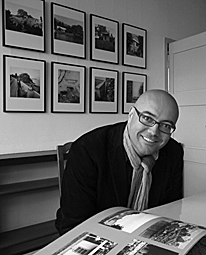 W
WPatrick Moser is a Swiss writer, translator, art historian, and museologist. He is the founder and curator of the Museum "Le Lac" Le Corbusier.
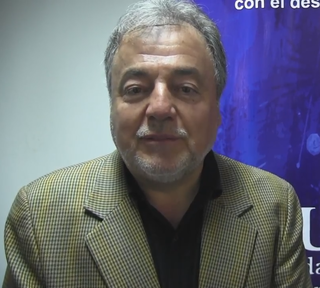 W
WLuis Orlando Repetto Málaga was a Peruvian museologist, cultural manager and television host.
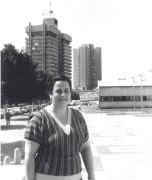 W
WWaldisa Rússio Camargo Guarnieri, was a professor and museologist, most known in Brazil simply as Waldisa Rússio. She became one of the most influential personalities in the development of theoretical Museology and contributed to the constitution of the disciplinary field of Museology in Brazil. From 1957 she worked as a federal employee of the State of São Paulo in different positions and particularly in management reforms. In 1959, she graduated in the Law school of the Universidade de São Paulo – USP and started working with the management of cultural matters of the State. On the 1970s, she was involved with issues more directly related to museums.
 W
WTomislav Sladojević Šola was born in Zagreb, Croatia in 1948. He gained his diploma in Art History and English language, he then pursued the post-graduate study of Journalism and two-semester-course of contemporary Museology and made his PhD in Museology. Following a seven-year period of curatorships in Zagreb (1975-1981) and another seven years as Director of The Museum Documentation Centre (1981-1987), Šola joined the University of Zagreb and was appointed Assistant Professor in the Faculty of Humanities and Social Sciences, having retired in full professor tenure (1987-2013). His academic research is closely linked to the profession and he draws on his practical experience as a curator, director, editor, lecturer and consultant.
 W
WMagdalina Stancheva was a Bulgarian archaeologist and museologist, recognized for her dedication in preserving Sofia's past. As one of the first museologists in the country, she influenced and taught many the scientific principals of conservation. She worked with both the International Council of Museums and UNESCO to designate national preservation sites and was recognized by many awards for her efforts in conserving the cultural history of the country, including the Order of Saints Cyril and Methodius, the National Order Of Labour, and a citation as an Honorary Citizen of Sofia.
 W
WJames L. Swauger was an American archaeologist known for his work on the petroglyphs of the Ohio River valley of the United States. A native of West Newton in Westmoreland County, Pennsylvania, he moved to the Pittsburgh suburb of Edgewood in his youth; there he lived for most of the rest of his life.
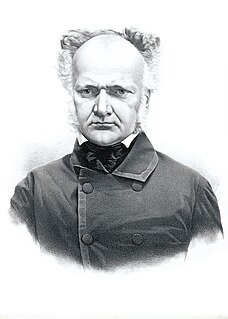 W
WCount Eustachy Tyszkiewicz, Leliwa coat of arms, was a nobleman from Grand Duchy of Lithuania, Russian government official, archaeologist and historian of the former Grand Duchy of Lithuania and White Ruthenia, incorporated into the Russian Empire after the Partitions of Poland. He is considered the first archaeologist to have undertaken a systematic study of historical sites in Belarus and Lithuania, and was highly influential on succeeding generations of archaeologists. In 1855 he founded the Museum of Antiquities in Vilnius, which is regarded as the predecessor institution of the National Museum of Lithuania. He donated his personal collection of archaeological and historical artifacts to start the museum. He was a younger brother of historian Konstanty Tyszkiewicz.
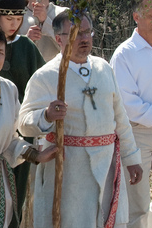 W
WJonas Vaiškūnas is a Lithuanian ethnoastronomer, religious leader, publisher and politician. He is the head of the department of ethnography at the Museum of Molėtai and priest in the Baltic neopagan organisation Romuva.
 W
WJan Erazim Vocel was a Czech poet, archaeologist, historian and cultural revivalist. Though as heir to his father's trade he was to become a baker, his parents, observing his youthful enthusiasm for Gothic history, eventually heeded his academic calling.